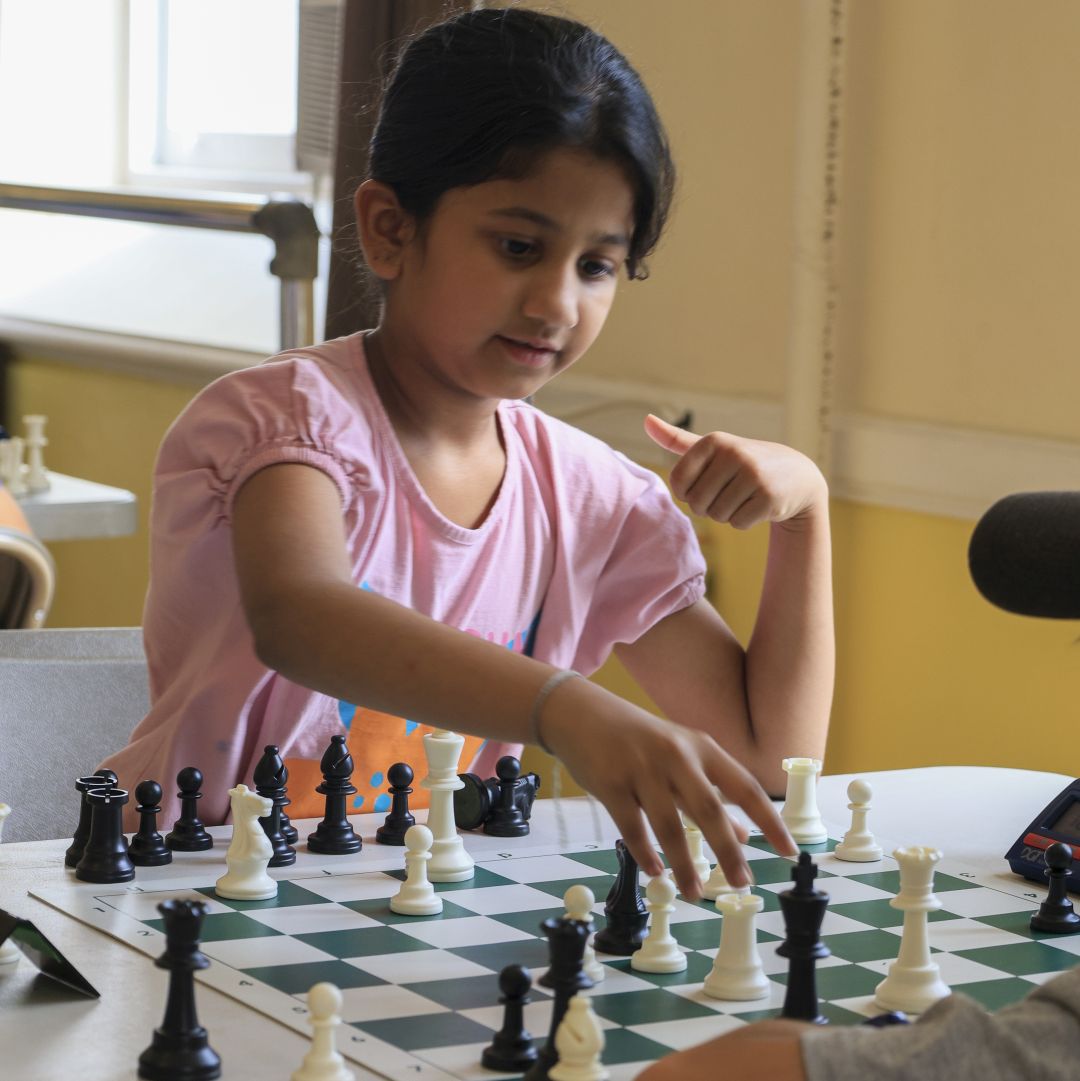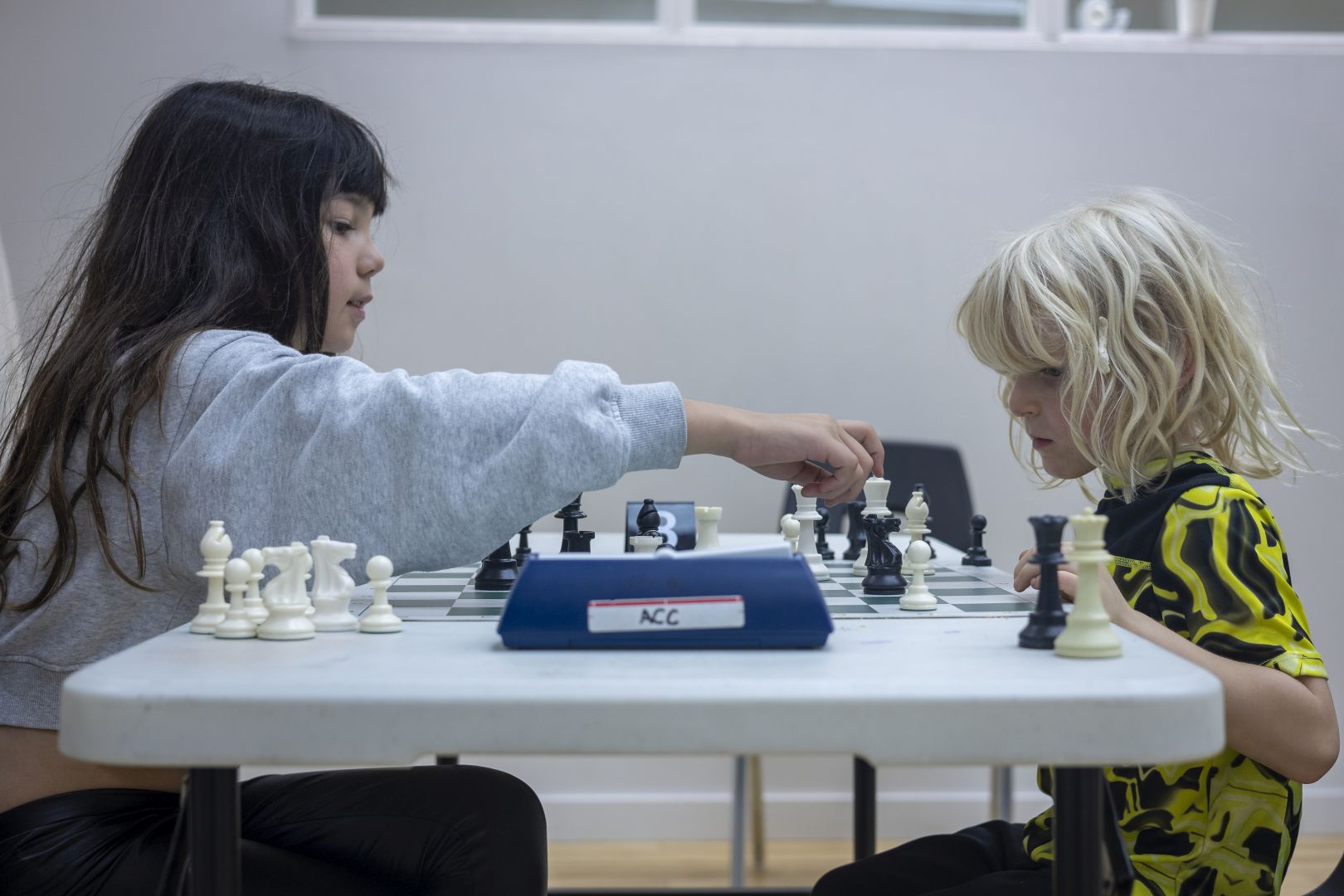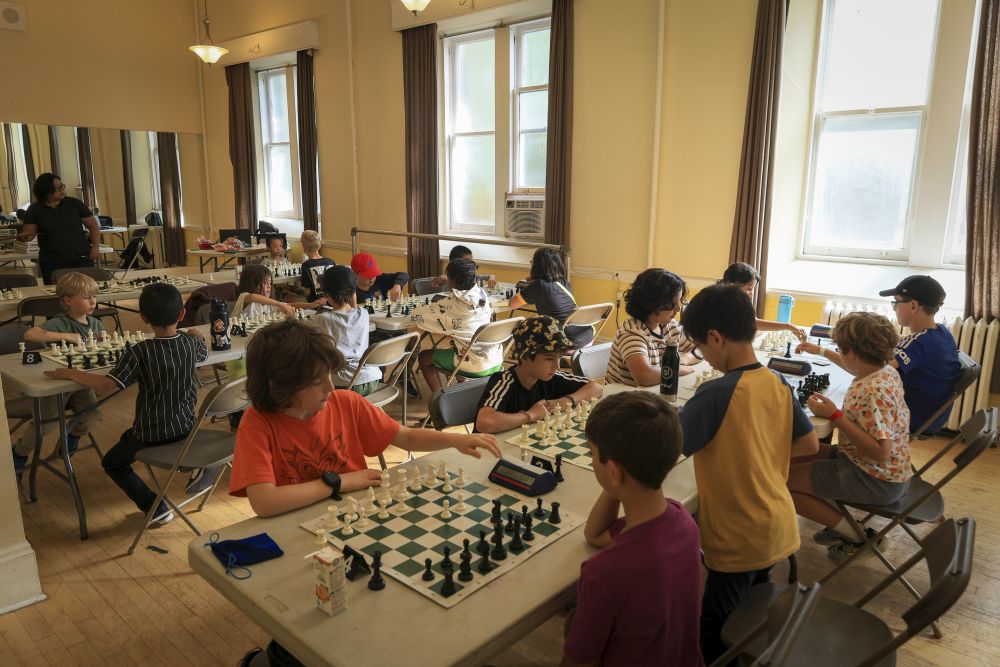“Chess is for everyone!” This is the oft-repeated motto of the Chess Institute of Canada, and through a new approach to pay-what-you-can pricing, it is now more applicable than ever.
“The idea of subsidizing our programs to be accessible to all is not new to CIC,” says Nick Grachev, Manager, Outreach & Partnerships.

“We have traditionally offered heavily subsidized in-class programs to schools identified as in need, and supported individuals in our lunch-hour and afterschool programs on request. But we felt that we could do more to make adjusted pricing available and easy to access.”
The renewed program is being implemented across 250 Toronto-area schools identified as being most in need of support on the Toronto District School Board’s Learning Opportunities Index.
“The LOI is a very sophisticated tool developed by the TDSB, combining a wide range of external factors impacting student success,” Grachev says. “It is an excellent bellwether to determine where support is most needed.”
CIC is using the TDSB’s LOI list to determine where the pay-what-you-can pilot will initially run, extending the pilot past the 150 schools that receive additional funding to include an additional bracket of 100 schools.
“We want to ensure students in need can access our programming, so we’re reaching past the bracket of schools that receive LOI funding to include an additional 100,” Grachev says.
The new plan, folded into CIC’s course registration process, allows parents to access discounts that let them tailor program cost to meet their ability to pay.
If the pilot is successful, CIC will extend it to other over-the-board school programs and potentially its exclusive online offerings. “The TDSB’s work on the LOI index has given us an excellent starting point to test this program,” Grachev says. “Once we’re happy with these systems, we’ll start looking into further applications to ensure that chess instruction – and all the life skills through chess – are something that every kid can benefit from.”



